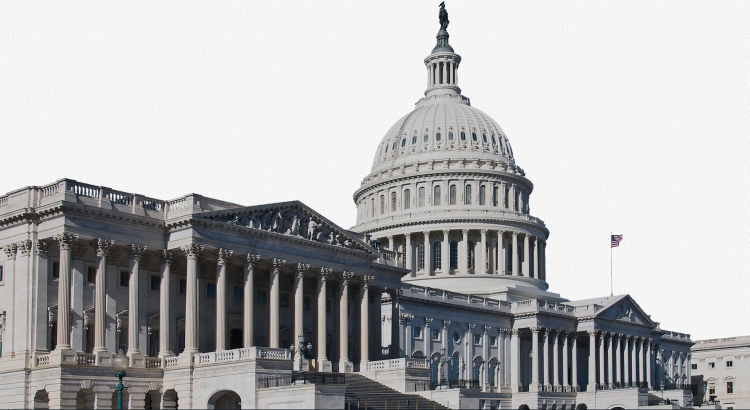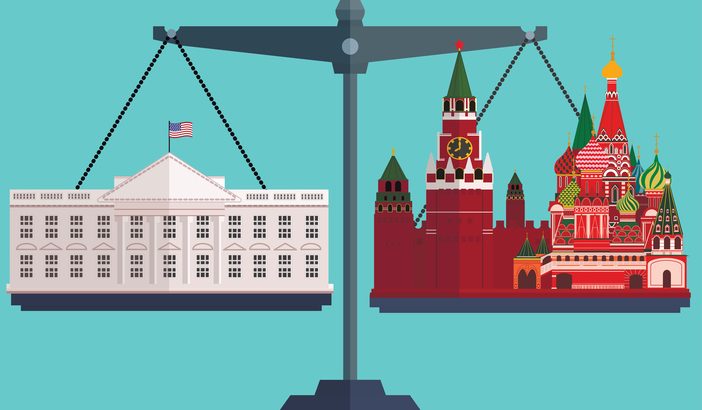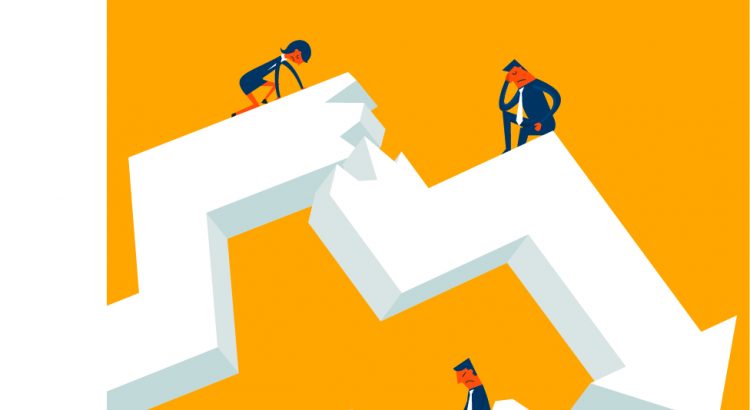“To defeat ISIS, we need an entirely new strategy, one that takes on ISIS where it is highly effective — in cyberspace. While ISIS continues to foment regional instability in the greater Middle East, its prowess online has made it a threat to Western nations as well. ISIS focuses significant resources on cyberspace, where it has a global presence, using sophisticated techniques to electronically communicate with its far-flung sympathizers, spread its propaganda and recruit operatives around the world,” writes historian Andrew Byers and a colleague.
Read More in The Hill













